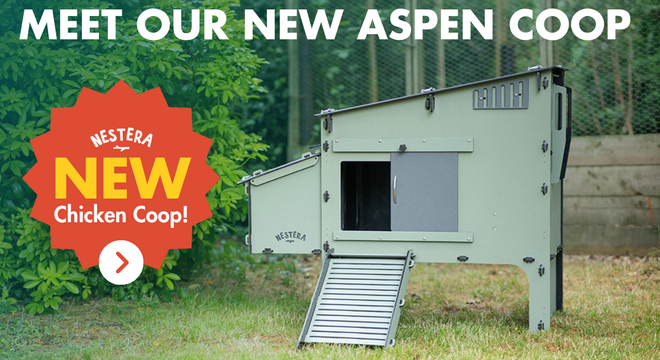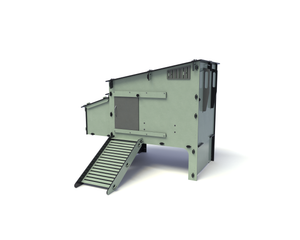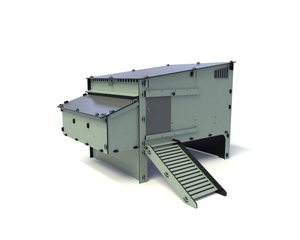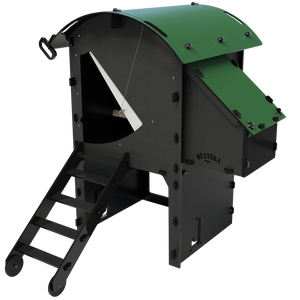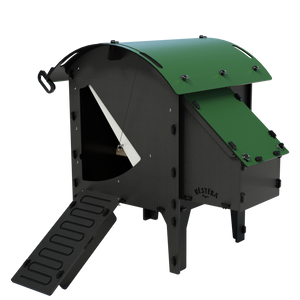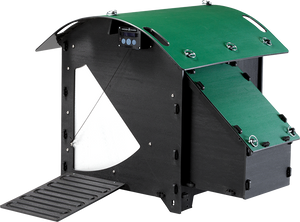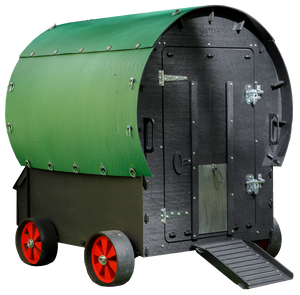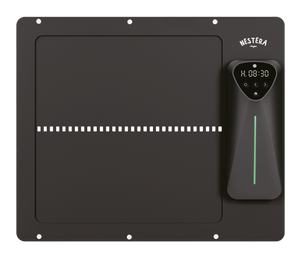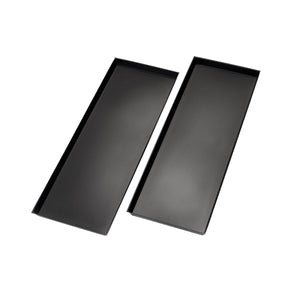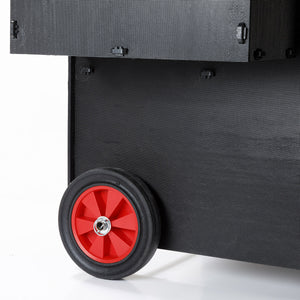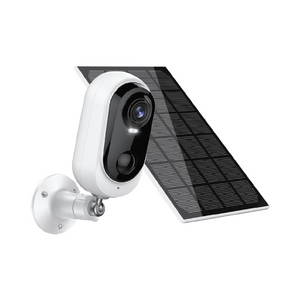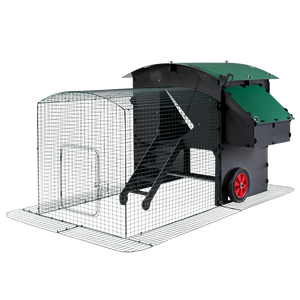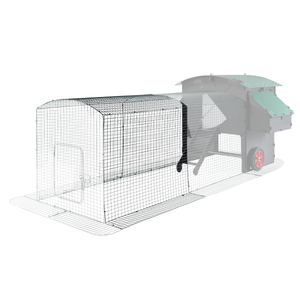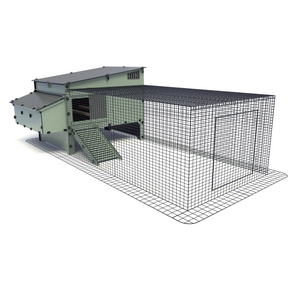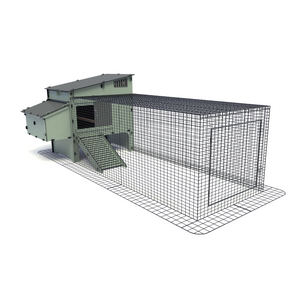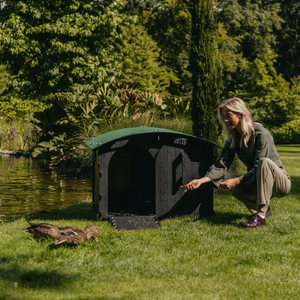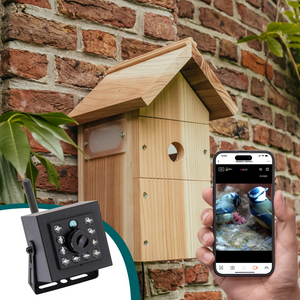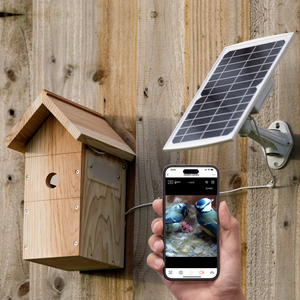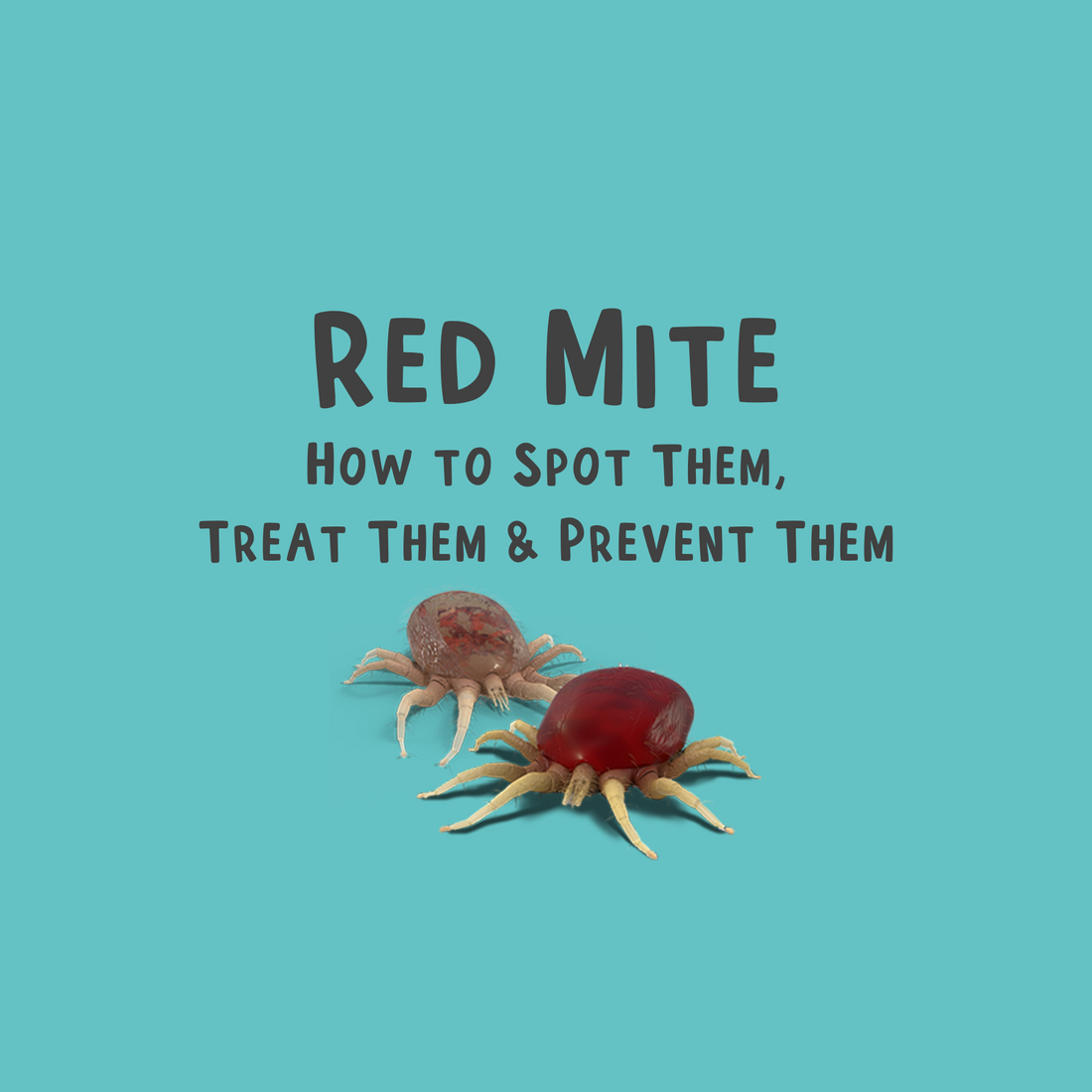Red Mite: How to Spot Them, Treat Them & Prevent Them
What Are Red Mites?
Red mite are exoparasites (parasites that live on the outer surface of their host) that feed on the blood of chickens while living in their housing. They are tiny and most active at night, which can make detection and treatment challenging.
Red mite are spread via wild birds, carried on new flock members or introduced by hiding in second-hand wooden chicken coops, so always source your birds from reputable suppliers! Red mite are extremely prevalent in commercial flocks, so take extra care with rescue hens.
Red mite like to harbour in warm, dark places; typically, they can be found on perch ends, in crevices where two surfaces meet or under felt roofing. They particularly like soft wooden surfaces and are often found hiding in tongue and groove joints.
Why Do Red Mite Multiply So Quickly?
A red mite’s lifecycle from egg to egg-laying adult is only 5-10 days, which means an infestation can quickly get out of hand. Adult females only lay 2-5 eggs, but their short lifecycle means their population growth is exponential. A single infested bird can support a mite population of 26,000+ mites within 9-10 weeks. Now multiply that by the number of birds you have!
What Do Red Mite Look Like?
Red mite look white or grey while juvenile and red or brown once they've fed as adults. They are most active during Spring, Summer and Autumn, and look different depending on how old they are and whether they have recently fed or not.
Red mite cause suffering to hens through anaemia, due to blood loss and disease transmission. Hens with red mite will lay fewer eggs, lose weight and can, unfortunately, even die. Broody hens are particularly susceptible, so remain vigilant.
How to Spot a Red Mite Infestation
If you notice an ash-like deposit (red mite poop), feel itchy after cleaning out your birds or have hens that are reluctant to roost at night, immediately suspect red mite!
To test your chicken coop for red mite, simply place a hot water bottle (filled with hand-hot water) in the nest box. If, after 10 minutes, the hot water bottle is crawling with mites, you know you have an issue! Red mite are attracted to the heat of the chickens’ bodies as well as the CO2 in their breath.
How to Prevent Red Mite
Diatomaceous Earth in dust baths and brushed into housing is useful in treating infestations. Wood ash is also a great addition as the particles are small and alkaline. If wooden housing is infested, remove your birds and then use a steam cleaner to blast into crevices. Red mite can’t exist in any environment over 44°C. This will kill mite eggs as well as mites of every age. If this doesn’t clear the infestation you may have no choice but to burn the coop and start again.
Red Mite-Resistant Chicken Coops
If you get red mite in a Nestera plastic coop, remove your birds and simply wipe the coop with a cloth rinsed in hot soapy water before pouring the water down the drain. Problem solved!
And what’s even better is our coops dry in moments - so there’s no hanging around waiting for wooden panels to dry like with a traditional chicken coop!
Every Nestera plastic chicken coop in the range has been intelligently designed for quick and easy cleaning. Made from durable recycled plastic, the inside panels of our coops are smooth and crevice-free, leaving nowhere for red mite to hide!
Check out our range of red mite-resistant chicken coops and customise your own here.
